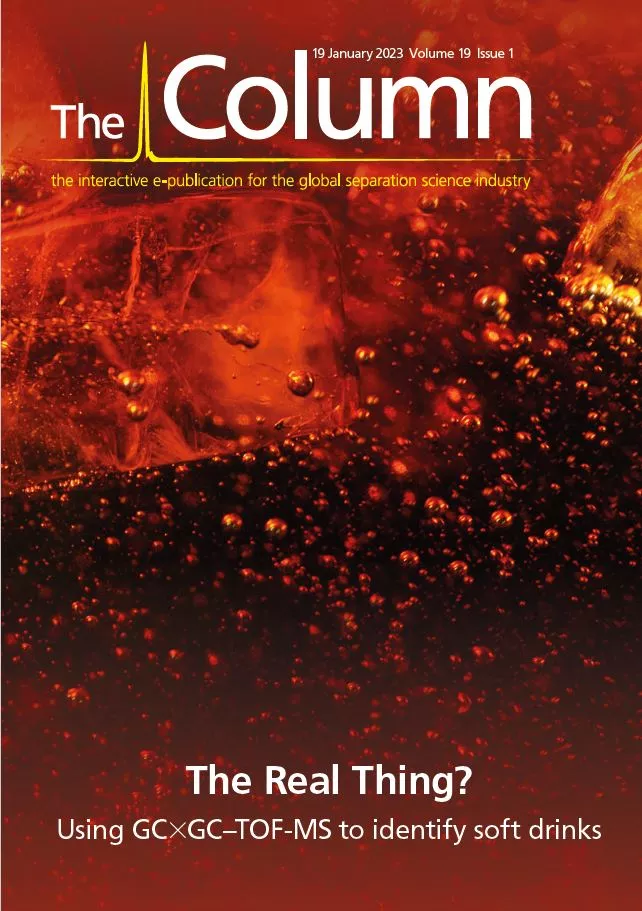Identification of soft drinks
19 January 2023
LCGC: The Column
This article discusses
how immersive sportive extraction coupled with comprehensive two-dimensional gas chromatography and time-of-flight mass spectrometry (GCxGC–TOF MS) was used to compare flavour
profiles from popular brand soft drinks with those of imitation products.
Unlike counterfeit
goods, replica and imitation products are legal because they do not use the
branded product’s trademark. In the food and beverage industry, imitation
products attempt to mimic the taste experience of popular branded products.
However, flavour
profiles are extremely complex and consist of a broad range of chemical
classes, the combination of which ultimately determines the consumer’s preference
for a particular brand. It is important to be able to confidently identify
these volatiles during product development, as well as in quality and
authenticity studies.
The work detailed in
this article demonstrates an end‑to‑end nontarget workflow for aroma profiling of
food and beverages, comprising fully automated immersive sampling of wide‑ranging aroma-active volatiles using
high-capacity sorptive extraction.
Enhanced separation by GCxGC using consumable-free
flow modulation obtained comprehensive aroma profiles. Sensitive detection and
confident identification of analytes were achieved using TOF‑MS. Chemometrics offered automated workflows for
alignment and comparison of complex chromatograms.